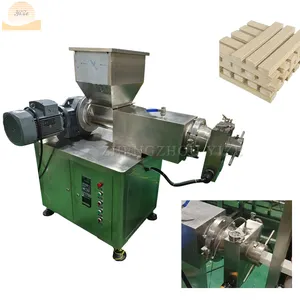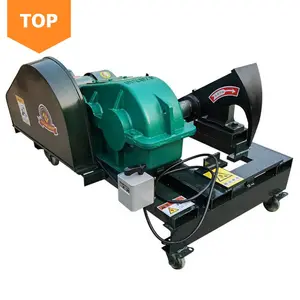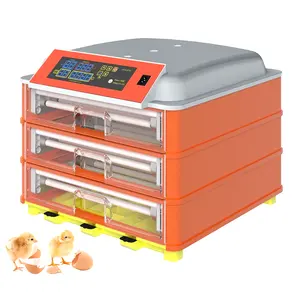Popular in your industry




























































Related Searches:














































































































Top categories
About second hand electrical equipment
Introduction to Second Hand Electrical Equipment
Second-hand electrical equipment refers to previously owned or used electrical machinery, devices, and components that are still functional and can be resold for continued use. This category of equipment includes a wide range of products such as industrial electric motors, electronic test equipment, transformers, and circuit breakers. Businesses often opt for second-hand electrical equipment to reduce costs while maintaining operational efficiency.
Types of Second Hand Electrical Equipment
Within the realm of second-hand electrical equipment, there are various types available to suit different industrial needs. These include used industrial electric motors, used electronic test equipment, used transformers for sale, and second-hand circuit breakers. Each type serves a specific purpose in the machinery industry and can be beneficial for businesses looking to save on equipment procurement costs.
Technical Specifications of Used Industrial Electric Motors
When considering used industrial electric motors, it's essential to pay attention to technical specifications such as power capability, voltage requirements, efficiency ratings, and motor speed. These motors are typically rated above 35-40 horsepower and are designed to meet various industrial applications, from manufacturing processes to machinery operation.
Exploring Used Electronic Test Equipment
Used electronic test equipment encompasses a range of devices used to test, measure, and troubleshoot electronic components and systems. These tools are crucial for ensuring the quality and functionality of electrical equipment in industrial settings. Common types include multimeters, oscilloscopes, signal generators, and spectrum analyzers.
Advantages of Second Hand Transformers and Circuit Breakers
Businesses looking for cost-effective solutions for electrical distribution and protection systems often turn to used transformers for sale and second-hand circuit breakers. The primary advantage lies in the significant cost savings compared to purchasing new equipment, making it an attractive option for companies operating on a budget.
Use Scenarios for Second Hand Electrical Equipment
Second-hand electrical equipment finds application in various industries, including manufacturing, construction, energy, and telecommunications. For example, used industrial electric motors for sale can be utilized in conveyor systems, pumps, compressors, and other machinery, providing reliable power for essential operations.
Considerations for Choosing Second Hand Electrical Equipment
When selecting second hand electrical equipment, buyers should assess the condition, age, brand reputation, and compatibility with existing systems. It's advisable to inspect the equipment thoroughly, verify its operational status, and inquire about any warranty or maintenance history to ensure a reliable purchase.
Maintenance Tips for Second Hand Electrical Equipment
To prolong the lifespan and performance of second hand electrical equipment, regular maintenance is crucial. This includes cleaning, lubricating moving parts, checking for wear and tear, and conducting periodic inspections to identify and address any potential issues. Following manufacturer guidelines and best practices can help optimize equipment efficiency.
Conclusion
In conclusion, second-hand electrical equipment offers a cost-effective and practical solution for businesses seeking quality machinery at lower prices. Whether it's used industrial electric motors, used electronic test equipment, used transformers for sale, or second-hand circuit breakers, these products can meet industrial needs while staying within budget constraints. By understanding the technical specifications, advantages, and maintenance requirements of second-hand electrical equipment, buyers can make informed decisions and optimize their operational efficiency.


















































































